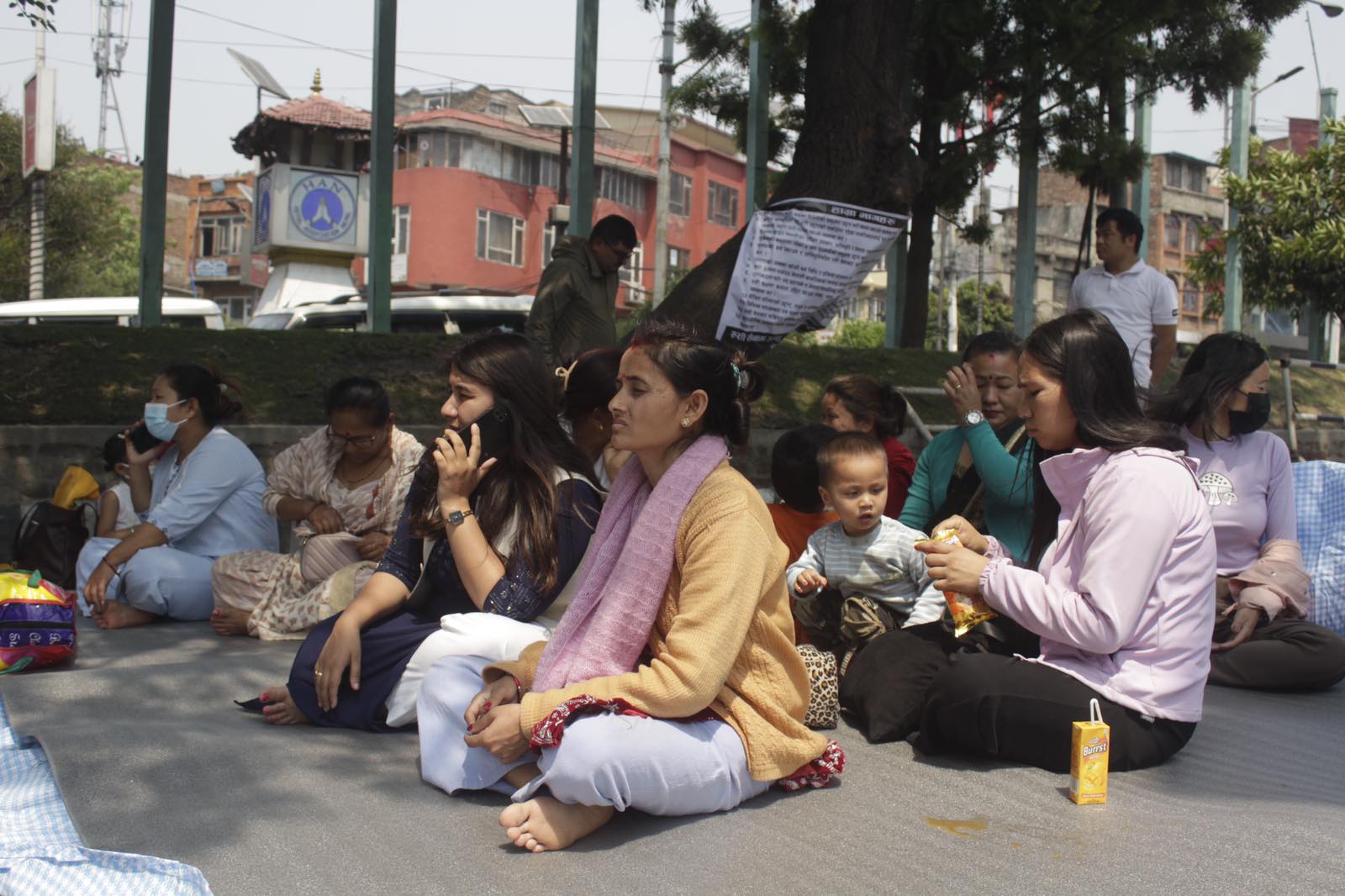
OR
Hydro Hopes

More from Author
Legislature-Parliament should immediately endorse the bill to form Nepal Electricity Regulatory Commission
Nepal’s electricity market badly needs an independent regulator. The lack of such a body has been a serious setback to the development, generation and fair distribution of electricity in the market.
Though the government, realizing the importance of an independent electricity regulatory body, drafted the Nepal Electricity Regulatory Commission Act as early as in 2004, it is still in parliament, waiting for approval and enactment. The bill to establish an electricity regulatory commission has been pending in the House since 2009.
The purpose of Nepal Electricity Regulatory Commission (NERC), the proposed regulatory body, is to make electricity generation, transmission, distribution and trading simple, regular, well managed and transparent. Similarly, NERC, if and when it is established, is expected to work to balance the demand and supply of electricity to regulate electricity tariff. Likewise, it will protect the rights and interests of the consumers, make the market of electricity competitive and make electricity service reliable, easily accessible, qualitative and secured.
NERC is needed for the adequate and effective regulation of our electricity market, ensuring supply reliability, continuous investments, reasonable pricing and proper market behavior. In a country like Nepal where competition is minimal, the regulator’s role is to provide an oversight that would ensure that the consumers get a reliable and safe supply of electricity at reasonable prices, while balancing the investors’ interest.
The proposed functions of the commission are to monitor and maintain the quality and security standard of the national grid system, formulate necessary policy and work plan for making generation, transmission, distribution and supply of electricity reliable and effective. It will also approve grid codes, distribution codes or any other relevant documents and review regularly the existing supply and demand of electricity to achieve balance between the two.
The commission’s other functions will include fixing wholesale tariff rate of electricity, consumer tariff, buying and selling rate of electricity, wheeling charge for transmission and distribution of electricity, providing consent to the power purchase agreements, ending monopoly in the power market and making it competitive.
The proposed commission should be independent of political and industry influence. The fact that regulatory commissions must function in an independent manner and not as an arm of the government, is gaining general acceptance. The overriding concern that is still prevailing in the Indian power sector, for example, is government dominance over the regulatory commission.
However this does not imply a hands-off attitude to be adopted by the government.
The relationship between the government and the regulator needs to be one of mutual and constructive support in advancing public interest. A regulatory commission plays a unique role
in balancing the competing interests of the electricity utility, the financial community, the customers and the government. It also plays an advisory role to advise the government on the removal of institutional barriers to bridge the demand supply gap and help create enabling policy environment for foreign direct investment in the electricity sector.
The tariff setting role of the commission is very important. Tariffs must be set at rates high enough to maintain financial and operational health of the utility, attract private investment, meet growing energy demand and minimize outages among others. Yet consumer tariff must be low enough to ensure continued economic growth and productivity and protect the interests of low income populations.
Therefore, in order to make a competitive, transparent, and consumer-friendly environment, create a level playing field for all the players—state and private sector alike—in the power sector, an independent NERC is considered as the need of the hour for regulating the power sector.
It is obvious that investment by government alone is not sufficient in Nepal to end the energy crisis, and therefore promotion of the private sector in hydropower development is a must.
The enactment of the NERC bill and subsequent establishment of NERC will give a strong signal that Nepal is mature enough to welcome private sector in hydropower development.
However, the bitter reality is that the NERC bill has been gathering dust in parliament for more than the past eight years. Its endorsement by the House could not become a priority for any of the more than half a dozen governments formed over this period. That is sad, to say the least. Such government apathy has cost the country’s electricity sector dear. The lack of concern by the government over this crucial bill is inexplicable.
Current Energy Minister Janardan Sharma has already said that he is keen to implement reforms in the electricity sector. The minister and his man at Nepal Electricity Authority (NEA), Managing Director Kulman Ghising, together have already made the Kathmandu Valley a load shedding free zone and are said to be working to end load shedding in the whole country. Minister Sharma needs to be proactive once again and do everything at his disposal to get the NERC bill enacted by parliament. He is very much likely to receive all the cooperation he needs from the Prime Minister, who is from his own party, to accomplish this long overdue task.
tripth.akhilesh@gmail.com
You May Like This

Full time lawyer, part time youtuber
You might have come across Random Nepali. He’s a youtuber who makes presentation like animation videos that lists Nepali eccentricities... Read More...

Big time
The Madheshi Morcha submitted a 15-day ‘ultimatum’ to Prime Minister Pushpa Kamal Dahal on Monday. The government, in effect, has... Read More...

Time has come
But even after the unveiling of the budget, Oli refused to step down. This is why Dahal has of late... Read More...


Just In
- In Pictures: Families of Nepalis in Russian Army begin hunger strike
- New book by Ambassador K V Rajan and Atul K Thakur explores complexities of India-Nepal relations
- Health ministry warns of taking action against individuals circulating misleading advertisements about health insurance
- UAE secures spot in ACC Premier Cup final, defeating Nepal by six wickets
- NC to boycott Gandaki Province Assembly, submits letter to Speaker
- 850 grams of gold seized from Indian national at TIA
- Rupandehi District Court orders to release Dipesh Pun on a bail of Rs 400,000
- Teachers’ union challenges Education Minister Shrestha's policy on political affiliation














_20240311121839.jpg)

Leave A Comment